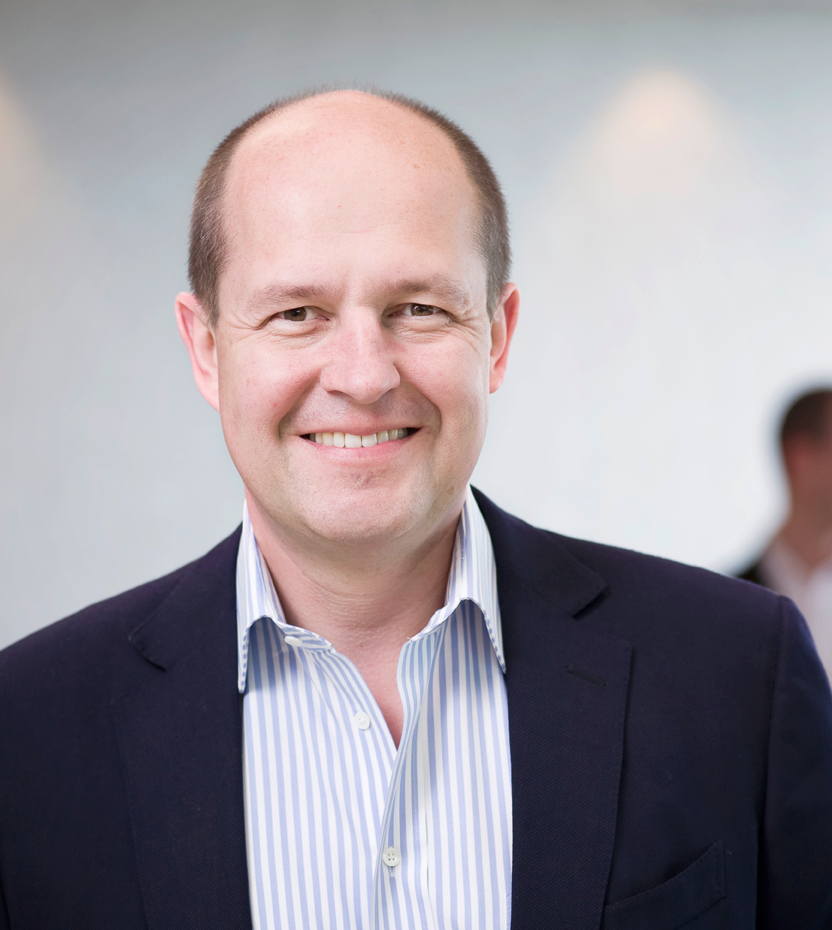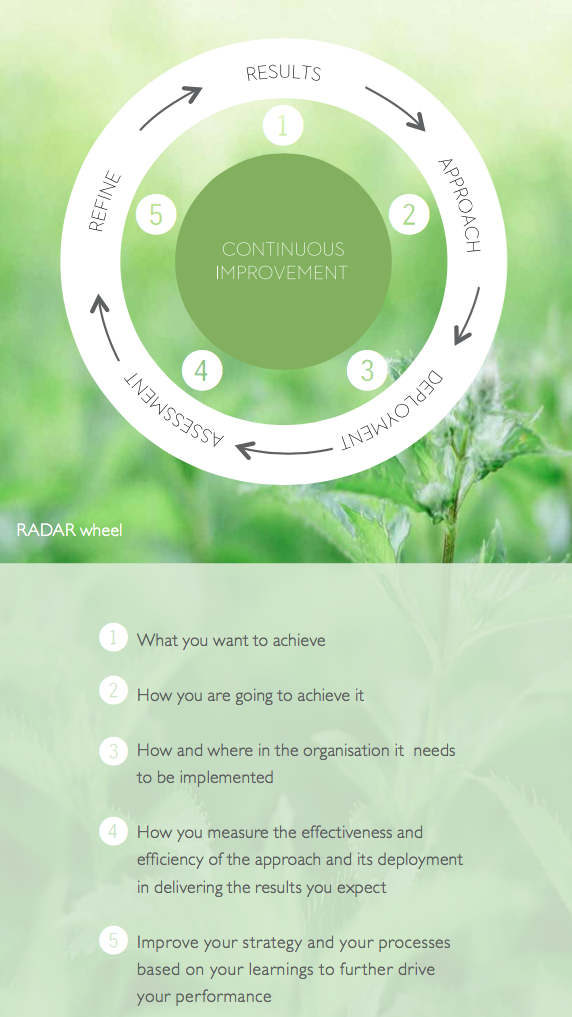Managing Sustainability
“SWISSÔTEL’S COMPLIANCE TO ISO STANDARDS GOES BACK TO THE LATE 1990S, WHEN SWISSÔTEL THE BOSPHORUS, ISTANBUL RECEIVED THE COMPANY’S FIRST CERTIFICATION.”

-
Gerhard Struger
Regional Vice President Turkey & Eastern Europe
General Manager Swissôtel The Bosphorus, Istanbul
iso standards
As an early pioneer of ISO standards at Swissôtel, I have kept a keen interest in their continued evolution across the organisation over the years. Swissôtel’s compliance to ISO standards goes back to the late 1990s, when Swissôtel The Bosphorus, Istanbul received the company’s first certification. For Swissôtel, ISO certification is more than just a label – it demonstrates that our properties consistently meet the high standards expected by our international clientele and stakeholders by applying a systematic management approach. Swissôtel The Bosphorus, Istanbul is certified in Quality, Health & Safety, Environment and Food Safety and is audited by independent experts. Our ISO certified Management System also supports our drive towards the improved efficiency and effectiveness of all of our processes, which is especially relevant in an ever-changing and fluctuating industry like ours. A critical factor for the success of sustainable management practices is the involvement of all colleagues, from the management team that leads and inspires to the team members who apply and fine-tune processes and standards to ensure not just quality but also relevance in whatever they do, which is perhaps one of the key reasons it works so well.
continous Improvement
 Continuously improving our operations and ultimately the guest experience by assessing and refining them is at the heart of each Swissôtel operation. A systematic approach enables properties to improve on a number of KPIs, including financial ones. A few examples show how selected properties improved their top line through continuous improvement:
Continuously improving our operations and ultimately the guest experience by assessing and refining them is at the heart of each Swissôtel operation. A systematic approach enables properties to improve on a number of KPIs, including financial ones. A few examples show how selected properties improved their top line through continuous improvement:
- Swissôtel Sydney was badly affected by the 2008 economic crisis, so it made a key priority of reviewing its sale processes using the RADAR logic to increase revenue. It has since generated an additional average of USD 2.7 million in room revenue every year since 2010
- Swissôtel Tallinn opened in 2007 and has become one of Estonia’s top hotels (Estonia’s Best Hotel on TripAdvisor for 2014). Its key priority was improving its ADR (Average Daily Rate), and with the help of a focused RADAR approach, it outperformed the ADR of its comp set, generating an additional USD 183,000 in room revenue in 2013. The strategy included focusing on segments alternative to the usual hotel business mix, as a balanced approach
- Swissôtel Nankai Osaka was affected by a nationwide decrease in wedding business in July 2013. Using the principles of continuous improvement, the MICE department managed to pick up additional wedding business revenue in the remaining three months of the year, 35% above target. Key initiatives included the acquisition of events related to weddings – which had the potential to ultimately link to the acquisition of the actual wedding business (yuino ceremony, smart wedding events, family dinner gatherings, etc.)
Operational Excellence reveals its full potential in maximising cost efficiency for hotel operators and owners.
- Swissôtel Ankara improved overall F&B profitability through a systematic review of its entire production: contract negotiation with suppliers, delivery, inventory, recipes, production methods and team training. This department has kept its overall profitability over 30%, while maintaining the same team headcount, with F&B guest satisfaction at 85% , even though F&B revenue decreased by more than 15% due to low hotel occupancy.


